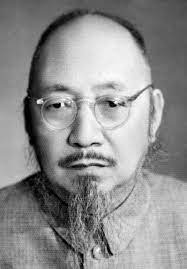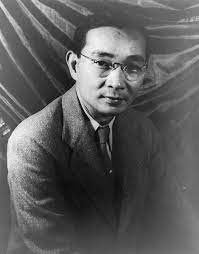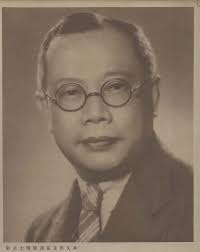Shih Ying (1879-4 December 1943), engineer, administrator devoted to the modernization of China, and member of the Western Hills faction of the Kuomintang. As mayor of Nanking in 1932-35 he instituted impartial law enforcement and enacted sumptuary measures. Yanghsin, Hupeh, was the birthplace of Shih Ying. His great-grandfather and grandfather had been scholars, but a […]













